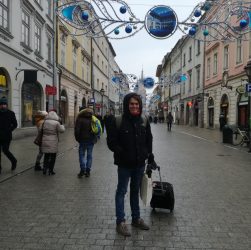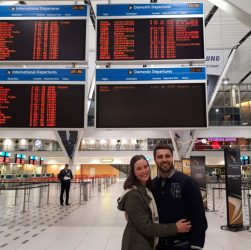Pre-departure: Pre-departure arrangements generally run smoothly with Maastricht University. Once they have approved your exchange application, they will send you …


Pre-departure: Pre-departure arrangements generally run smoothly with Maastricht University. Once they have approved your exchange application, they will send you …

Pre-departure: Going abroad can be very exciting but also overwhelming. However, preparation and planning can help reduce any uncertainties that …
Pre-Departure: Swaziland, one of the smallest countries in Africa, is situated in Sub Saharan Africa bordered by South Africa and …